Book a private trip to Plovdiv. It doesn't matter the city you want to depart - Sofia, Varna, Ruse, Burgas, etc... We can arrange your one-day trip to this destination and many other in Bulgaria. If you choose our services you can be sure that you will have English-speaking driver, clean and air-conditioned car, which would make your vacation more pleasant and comfortable.
Old town of Plovdiv
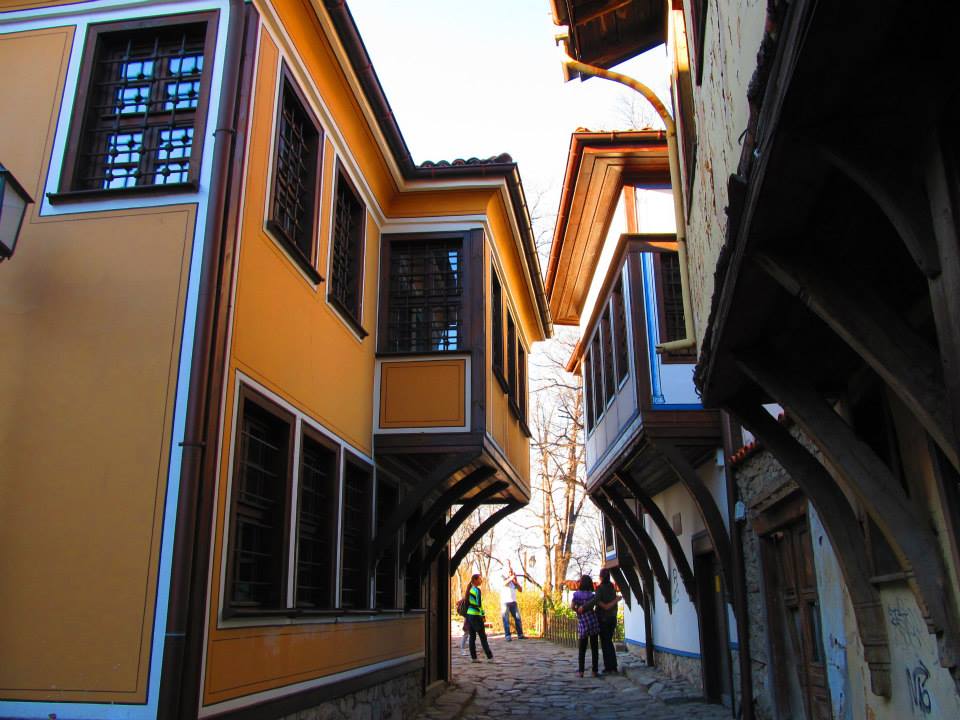
The Old Town of Plovdiv is a unique city within the city of Plovdiv with its own rhytm and lifestyle. Ancient Plovdiv is a well - preserved complex where on a relatively small area visitors can take walls through different historical ages, see ancient buildings adapted to the modern way of life and feel the spirit of the town from the Bulgarian Revival period.
There is a lot to love about Plovdiv. If you ask the Turks, Romans, Byzantines and Greeks, they all fought to claim it as their own. Originally established by the Thracians around 5000 BC, Plovdiv was proclaimed the six - oldest city in the world and also is named the European Capital of Culture for 2019. Plovdiv is a synonym of Bulgarian history and a genuine world city. Plovdiv is very old. The Eternal city, as Rome is conventionally called is much younger. Kendros, Eumolpia, Phillippopolis, Pulpudeva, Thrimonzium, Pulden, Populdin, Filibe - those were the ancient names of Plovdiv throughout is 6000 to 8000 years of existence. The name Plovdiv first appeared in 15 century documents and has remained till today.
There are people who are the repository of the collective memory of the city and those who draw the hologram of it's future. It can be argued in this context, that Plovdiv is a real cosmopolitan city, having sheltered since the antomity different ethnical groups. The ancient facet of the city is presented by the mystical Thracians with their sanctuary from the northenmost hill Nebet Tepe, by the first fortress walls from the time of Philip II of Macedonia (342 BC) and by a series of well - preserved archeological sites from the Roman period (1th - 4th century) : Ancient Theatre, Roman Stadium, Ancient Forum. During this period Plovdiv was the biggest trading centre in the Roman province of Thrace, with it's splendor and aristocratism it made all the chroniclers admire and regard it with esteem.
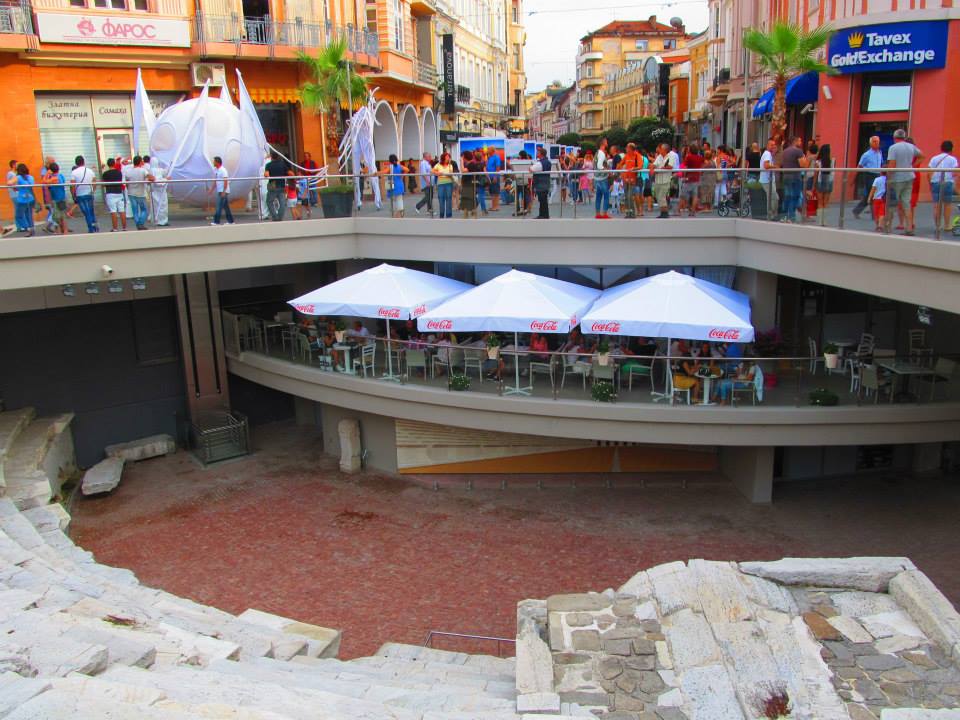
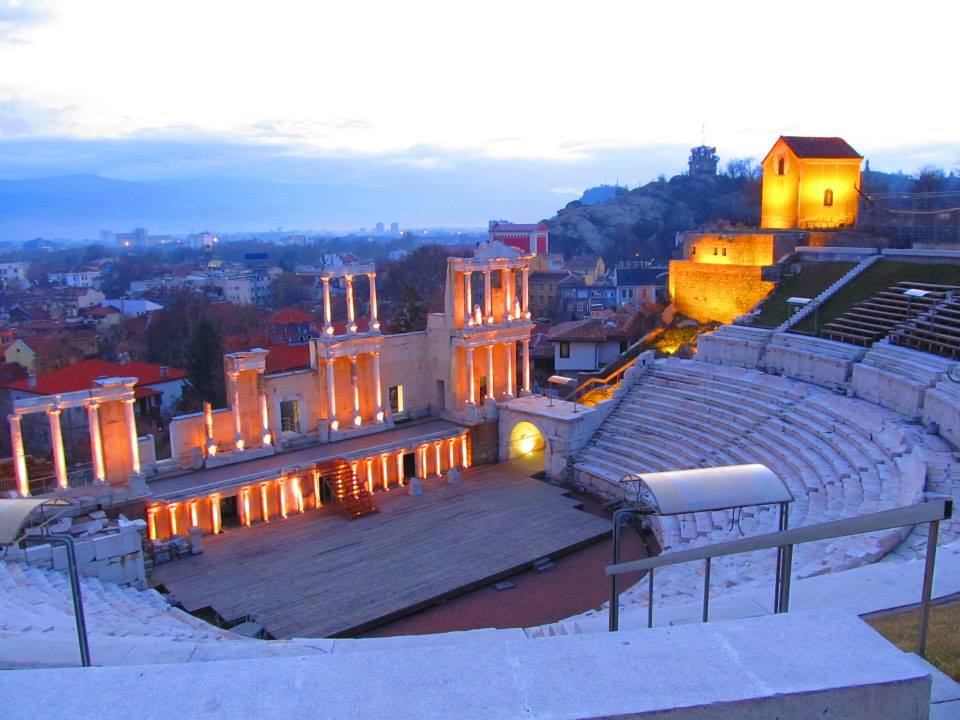
At 14th Century the Balkan Peninsula was conquered by the Ottomans. The outlook of the town was completely changed, the fortress lost its importance, the 1st mosques were erected. The Ottoman visitors have realized that this was a place of old wisdom. A new religion - the Islam, both Ortodox and mystical, has also found soil in the city. When you walk along the narrow street of the old town of Plovdiv. In the 19th century this tiny oasis, like the long - lived Phoenix arose from the ashes and was regenerated for new life. Rich merchants began to build unique houses of the size of royal places. You contemplate the gorgeous wood - craved ceilings, the colorful mural decorations and landscapes; you throw a glance from the so - called ''gossiping corners'' at the street so as to feel the rythm of its life.
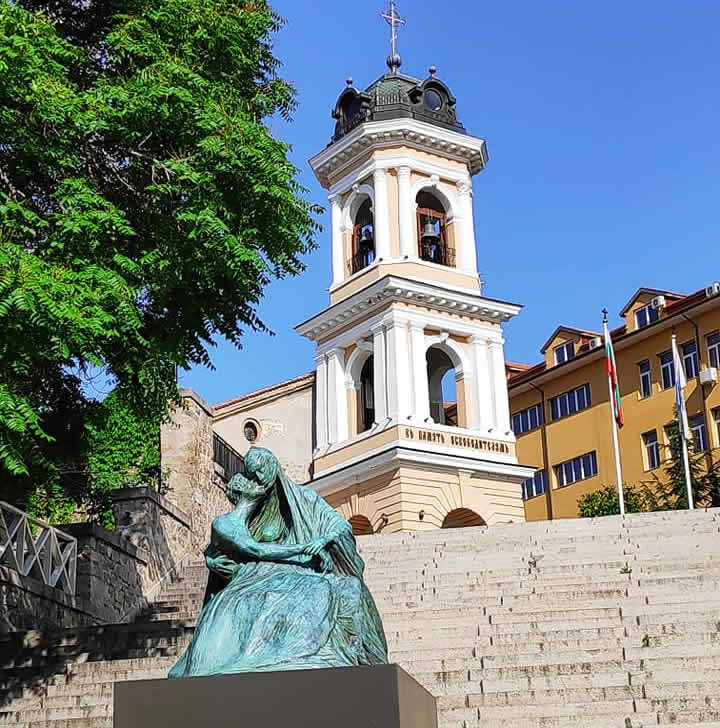
Plovdiv was the place of many 1st beginnings in the 19th century - here in 1881 the Bulgarian proffesional theatre was brought into existence, Bulgarian printing and publishing were born, on the 1st secular schools in the country was established. After the Liberation (1878), quite deservedly, Plovdiv was named the Cultural Capital of Bulgaria. The traditions are still alive. In 1999 Plovdiv has hosted the European Month Of Culture and in 2019 - European Capital of Culture.
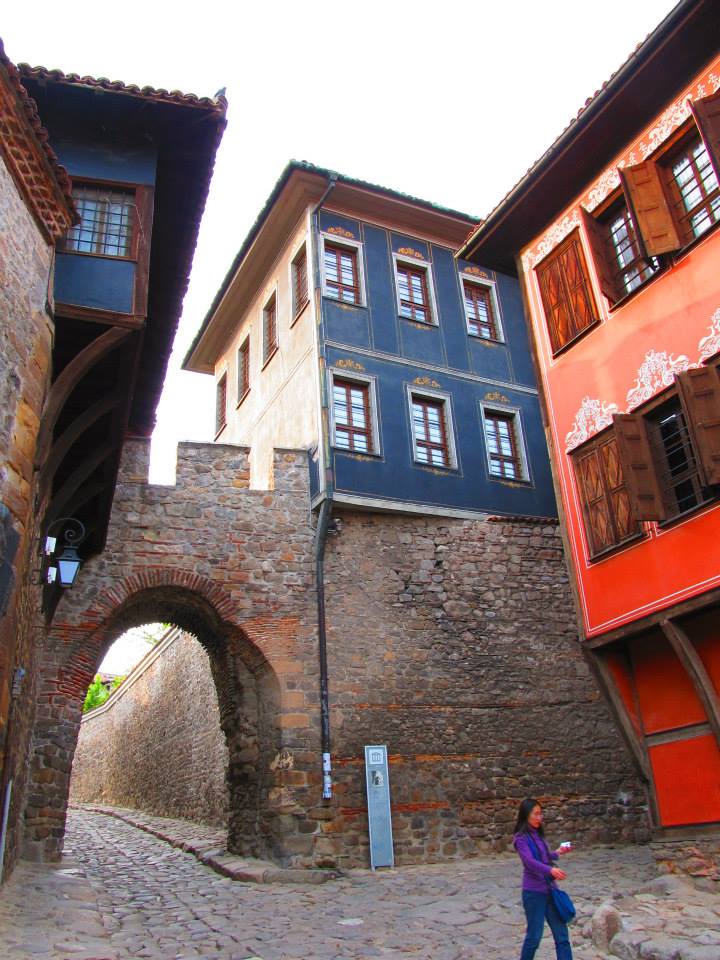
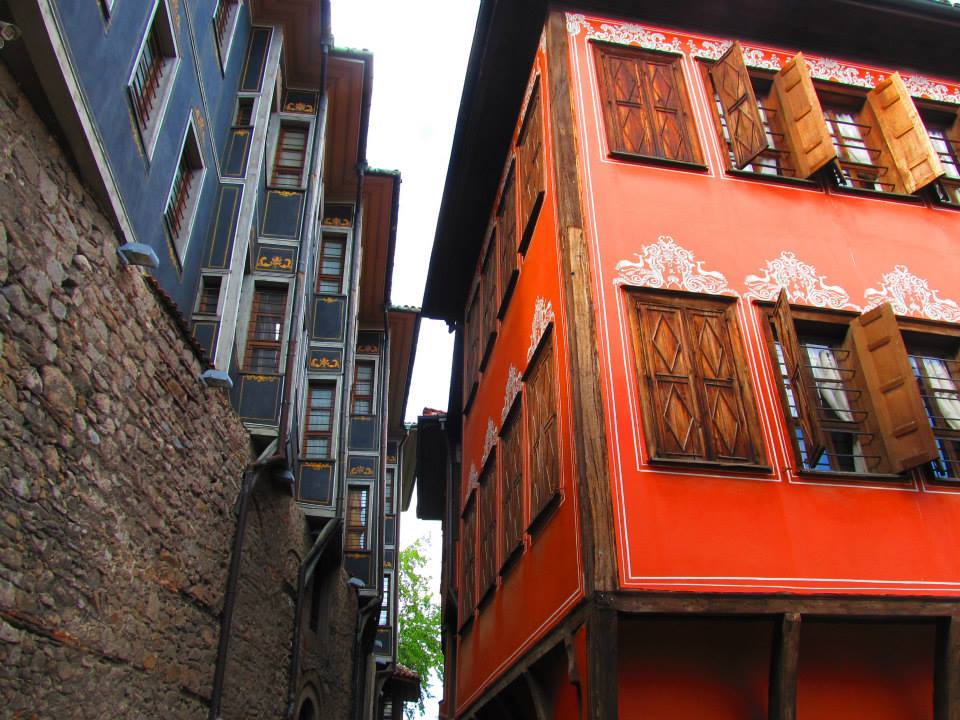
The Heart of Thrace is not just history. The present day outlook of the city is not less versatile and attractive. The modern face of the city is complemented by its green spaces, represented mainly by the renowed city hills. You can stroll along the noisy main street, where you can pop into, see and try on the best fashion items in different brand shops, sit down for a coffee in the many pubs and cafes in the city centre, try the local snacks, relax and have fun. There is also plenty of nightclubs and casinos in the city.





